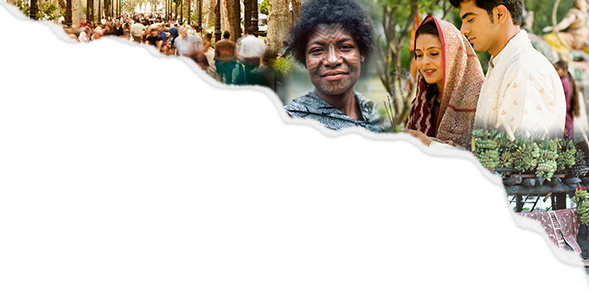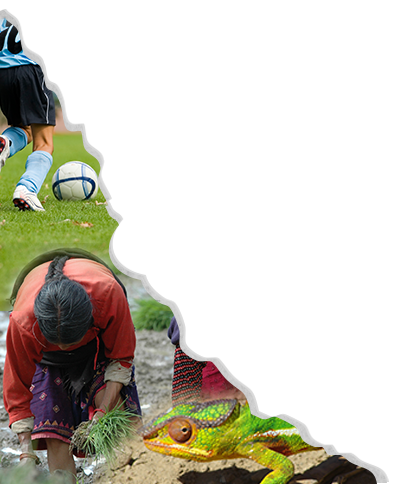ANTHROPOLOGICAL HORIZONS
Series Editor: Michael Lambek, University of Toronto
The Anthropological Horizons series, begun in 1991, focuses on theoretically informed ethnographic works addressing issues of mind and body, knowledge and power, equality and inequality, the individual and the collective. Interdisciplinary in its perspective, the series makes a unique contribution in several other academic disciplines: women’s studies, history, philosophy, psychology, political science, and sociology.
ANTHROPOLOGICAL INSIGHTS
Series Editor: John Barker, University of British Columbia
The Anthropological Insights series brings contemporary scholarship into the undergraduate classroom. The series aims to capture the excitement of anthropological research by offering ethnographically grounded examples, while providing foundational information about key topics and ethnographic regions. Books in the series show students what it means to be an anthropologist and how anthropologists contribute to ongoing conversations within and outside the academy.
ethnoGRAPHIC
Series Editors: Sherine Hamdy, University of California, Irvine; Marc Parenteau, cartoonist
The groundbreaking ethnoGRAPHIC series realizes ethnographic research in graphic novel form. The series speaks to a growing interest in comics as a powerful narrative medium and to the desire for a more creative and collaborative anthropology that engages with the public on contemporary issues. Books in the series are informed by scholarship and combine text and images in ways that are accessible, open-ended, aesthetically rich, and that foster greater cross-cultural understanding.
TEACHING ARCHAEOLOGY
Series Editor: Robert J. Muckle, Capilano University
The new Teaching Archaeology series offers concise archaeological case studies that are engaging to read, manageable to teach, and flexible enough to be used in multiple courses. Books in the series provide students with real-world examples of the archaeological research process, as well as insights into the practical realities of doing fieldwork, including unexpected events, unplanned discoveries, logistical challenges, and reflections on ethics, collaboration, and the role of archaeology in the modern world.



